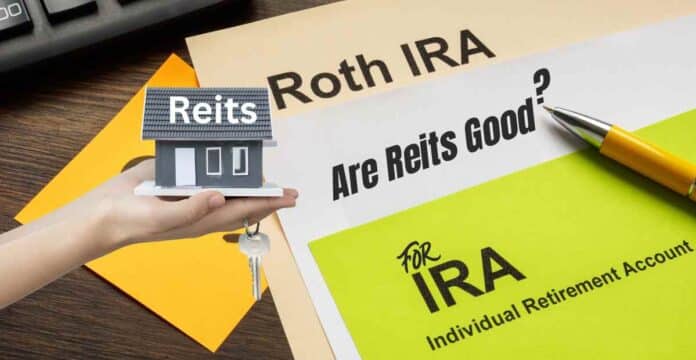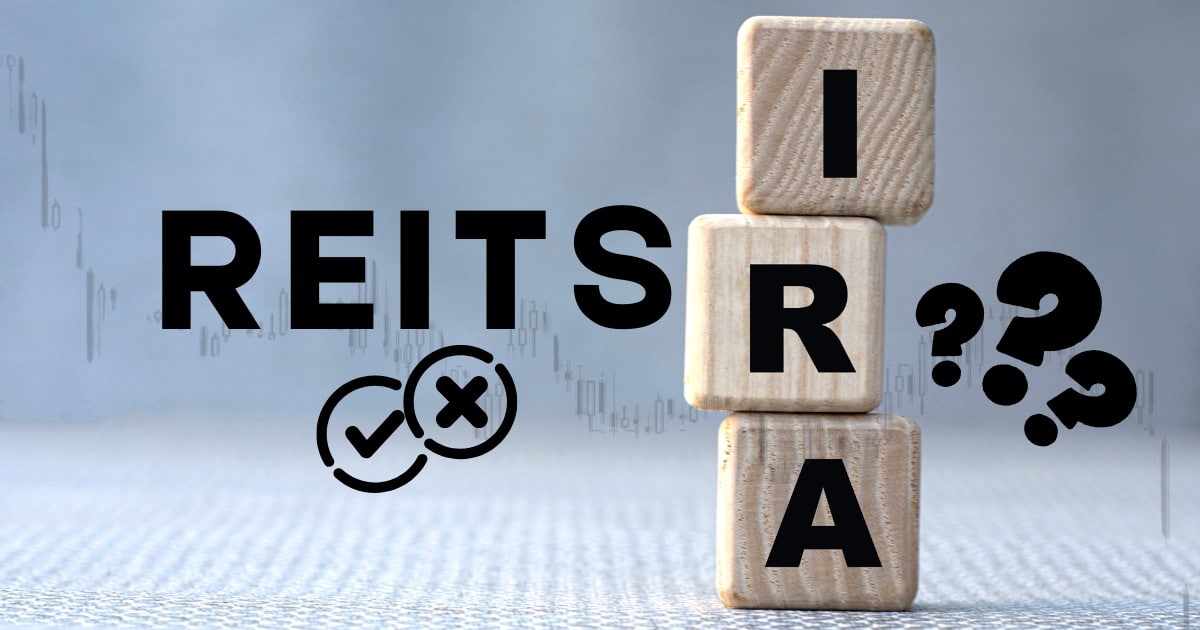Investors looking for tax-efficient growth and a diverse portfolio often turn to Real Estate Investment Trusts (REITs) as a potential addition to their Roth IRA. But are REITs the right choice for your retirement savings? In this detailed guide, we explore the advantages, disadvantages, and strategic considerations of holding REITs in a Roth IRA.
What Are REITs?
Real Estate Investment Trusts (REITs) are companies that own, operate, or finance income-generating real estate across various sectors such as commercial, residential, healthcare, and industrial properties. These investments allow individuals to gain exposure to real estate without the need to directly purchase property.
REITs are known for their high dividend yields since they are required to distribute at least 90% of their taxable income to shareholders. This makes them an attractive option for investors seeking consistent income.
Why Consider REITs for a Roth IRA?
A Roth IRA is a tax-advantaged retirement account that allows investments to grow tax-free. Because contributions are made with after-tax dollars, qualified withdrawals, including capital gains and dividends, are completely tax-free in retirement. This makes a Roth IRA a particularly good vehicle for investments with high dividend payouts, such as REITs.
1. Tax-Free Dividends and Growth
One of the biggest benefits of holding REITs in a Roth IRA is that all dividends and capital gains grow tax-free. Normally, REIT dividends are taxed as ordinary income, which can be as high as 37% for high earners. However, within a Roth IRA, these dividends are not subject to taxation, allowing you to maximize your returns over time.
2. Compound Growth Over Decades
By holding REITs in a Roth IRA, investors benefit from compounding tax-free growth. Since dividends can be reinvested, the value of your investment can grow substantially over time without being eroded by annual tax liabilities.
3. Diversification Benefits
Real estate investments provide an alternative asset class that often moves independently of stocks and bonds. Including REITs in a Roth IRA can help balance your portfolio and reduce overall volatility.
4. Inflation Hedge
Real estate investments tend to appreciate over time, serving as a hedge against inflation. REITs, in particular, benefit from rising rental income and property values, making them a strong long-term investment option.
Potential Downsides of Holding REITs in a Roth IRA
While REITs offer many advantages, there are also potential drawbacks to consider:
1. Limited Liquidity
Some non-traded REITs have low liquidity, making it difficult to sell shares quickly. However, publicly traded REITs do not suffer from this issue.
2. Market Volatility
Publicly traded REITs can be subject to stock market fluctuations, which means they may experience periods of high volatility.
3. Management and Performance Fees
Certain REITs charge high management fees, which can reduce overall returns. Investors should carefully assess expense ratios and performance history before investing.
Types of REITs to Consider for a Roth IRA
There are several types of REITs, and choosing the right one depends on your investment goals and risk tolerance:
1. Equity REITs
These REITs own and manage properties across different sectors such as residential, commercial, industrial, and healthcare. They generate income primarily through rents collected from tenants.
2. Mortgage REITs (mREITs)
Unlike equity REITs, mortgage REITs invest in real estate debt, including mortgage-backed securities. These REITs typically have higher yields but also higher risk due to interest rate fluctuations.
3. Hybrid REITs
A mix of both equity and mortgage REITs, these investments provide exposure to property ownership and real estate financing.
4. Specialized REITs
Some REITs focus on specific industries, such as healthcare, data centers, infrastructure, and logistics. These may offer strong growth potential in niche markets.
Best REITs to Invest in for a Roth IRA
If you’re considering adding REITs to your Roth IRA, here are some highly regarded publicly traded REITs to consider:
- Realty Income (O) – Known as the “Monthly Dividend Company”, Realty Income focuses on high-quality commercial properties.
- Simon Property Group (SPG) – A leader in retail real estate, including high-end shopping malls.
- Prologis (PLD) – A global giant in industrial and logistics real estate.
- Digital Realty (DLR) – Specializes in data centers, benefiting from the surge in cloud computing.
- VICI Properties (VICI) – Focuses on gaming and hospitality properties, offering unique exposure to the entertainment sector.
How to Add REITs to Your Roth IRA
1. Open a Roth IRA
If you don’t already have one, open a Roth IRA through a brokerage firm that offers REIT investments.
2. Research and Choose REITs Wisely
Look for REITs with strong financials, consistent dividend payouts, and a history of growth. Use metrics like Funds From Operations (FFO) and dividend yield to assess performance.
3. Diversify Your REIT Holdings
To reduce risk, consider investing in multiple REITs across different sectors, such as commercial, residential, and industrial.
4. Reinvest Dividends
Many brokerage firms allow you to automatically reinvest dividends, enhancing long-term compound growth.
Conclusion: Are REITs a Good Fit for a Roth IRA?
The combination of tax-free growth, high dividends, and portfolio diversification makes REITs an excellent addition to a Roth IRA. However, investors should consider their risk tolerance, liquidity needs, and long-term financial goals before making a decision. By carefully selecting the right REITs, you can maximize your retirement savings and build wealth over time.



